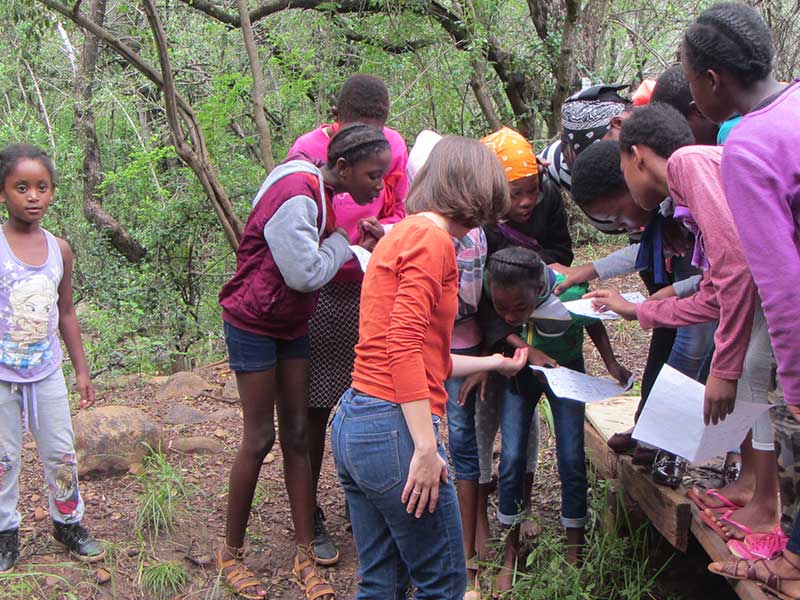Youth Related Projects
Projects focused towards the inclusion and development of Youth
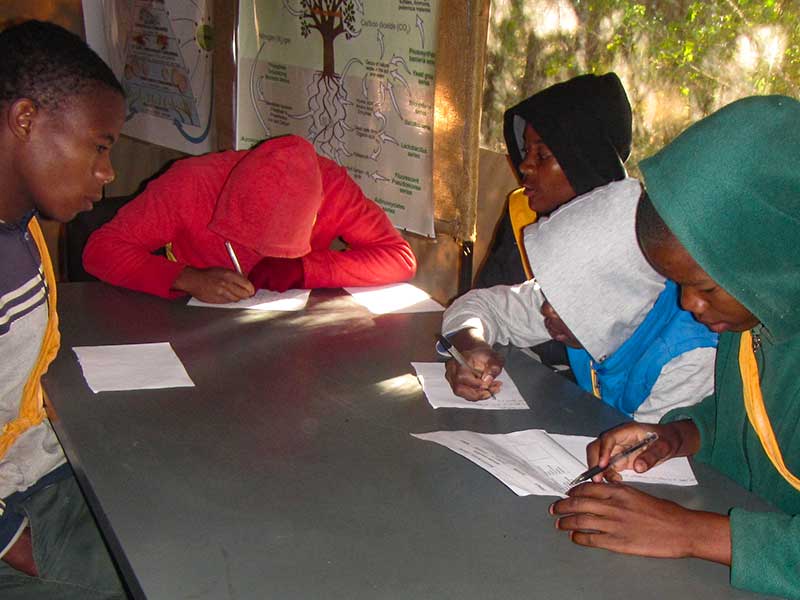
Developing the Youth for a better future
The development of Youth in the understanding and support of conservation is seen as a primary objective in many of the Biosphere Reserves across Africa. Conservation cannot be successfully achieved without the people and the best place and best time to start, is with the youth.
Not only are they the warriors of tomorrow but they are also able to bring a fresh and enlightening perspective towards the understanding of conservation within communities and rural villages.
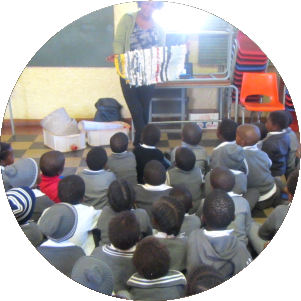
Schools Projects
The Primary School in the town of Ottoshoop has established a conservation club after attendance of environmental awareness and life skills camps in Groot Marico.
Read more
The club takes part in Urban Greening projects by planting trees in school grounds and town. The kids are exposed to several conservation actions like the building of a household grey water system, recycling and reusing of household and school waste. They also learn about the importance of bees in nature, the impact of veld fires, pollution etc. The Primary Schools in Groot Marico were involved as well.
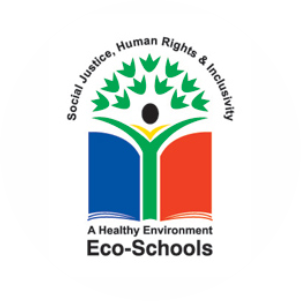
WESSA Eco-
The Bakwena Platinum Corridor Concession (Pty) Ltd has since 2017 supported 10 schools between Moedwil and Zeerust in the North West Province to develop the green skills of educators and learners so that they can be part of the WESSA Eco-
Read more
Eco-
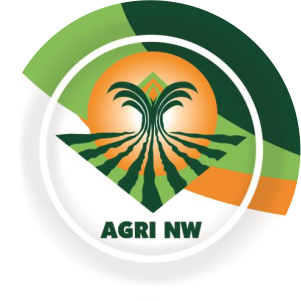
Agri-
The Agri Klippan organisation has a vision to equip the student leadership of the Klippan Secondary School with leadership skills through leadership camps and life skills training.
Read more
The school is in urgent need of renovation and upgrading of buildings more specifically the hostel where kids from remote areas need to stay to be able to attend school. Funds are urgently needed for this project.

